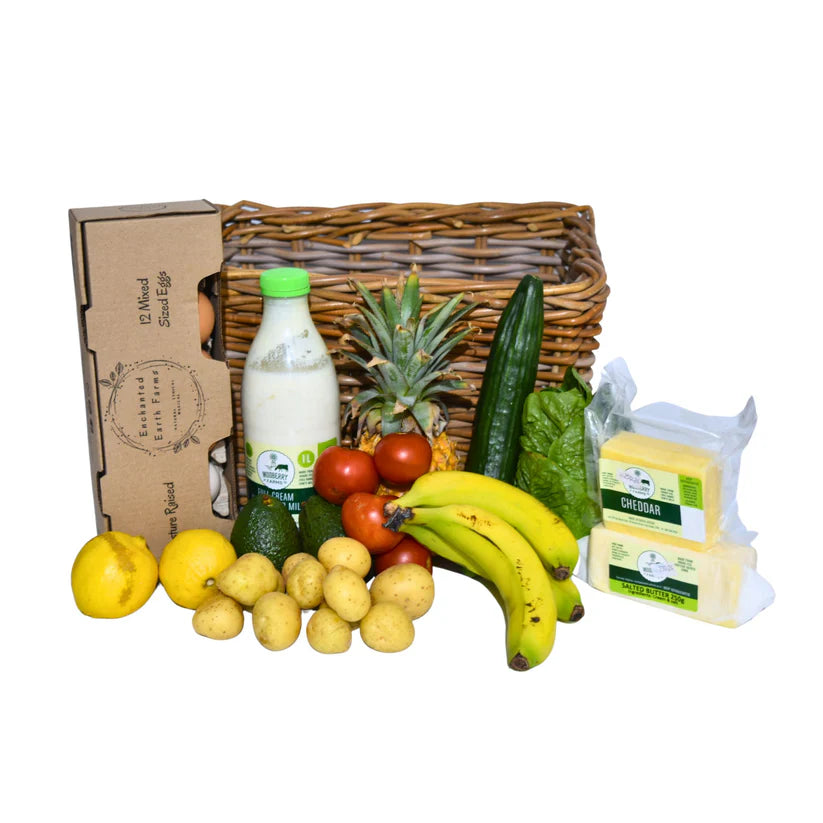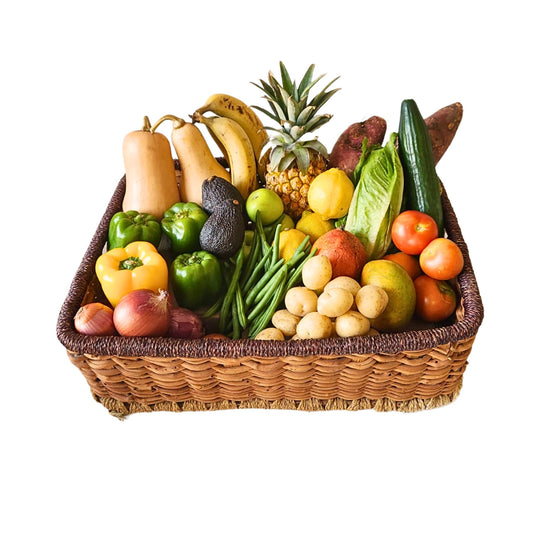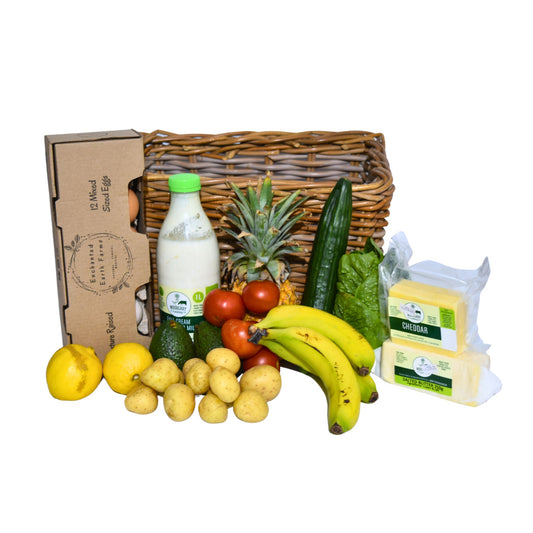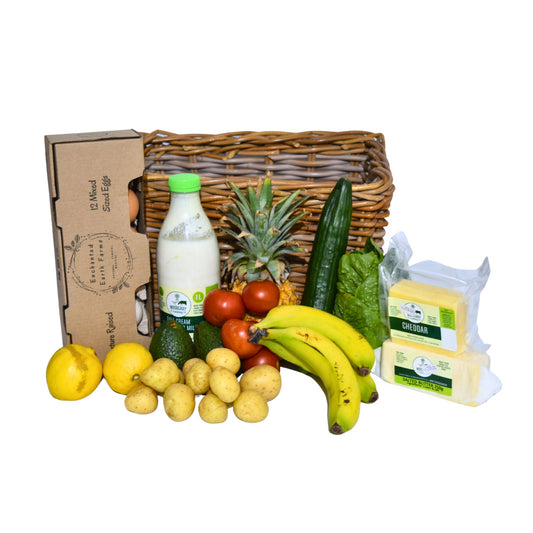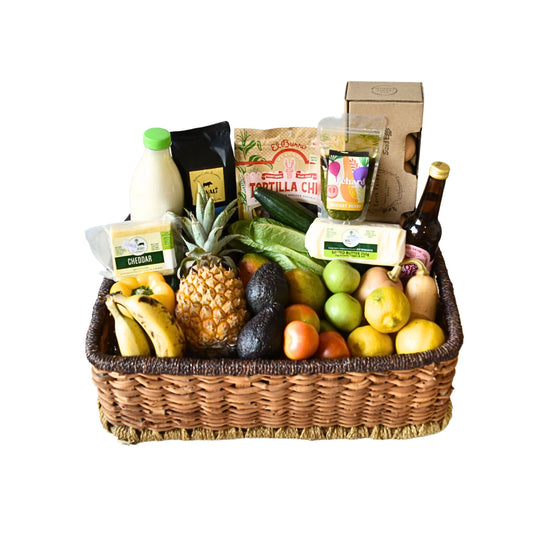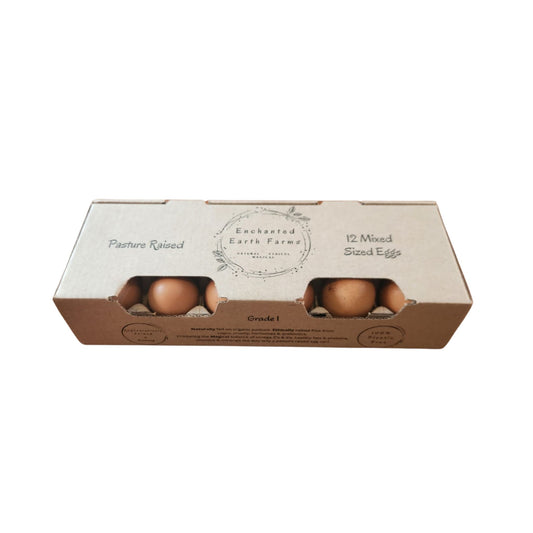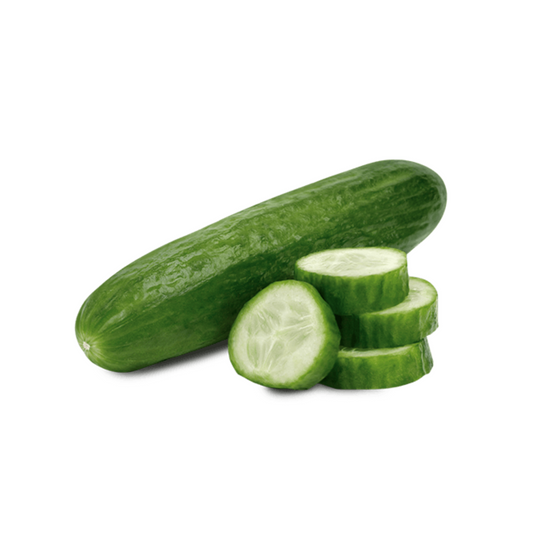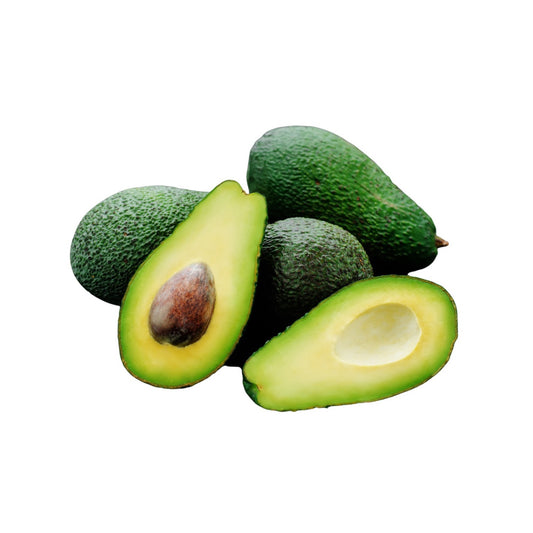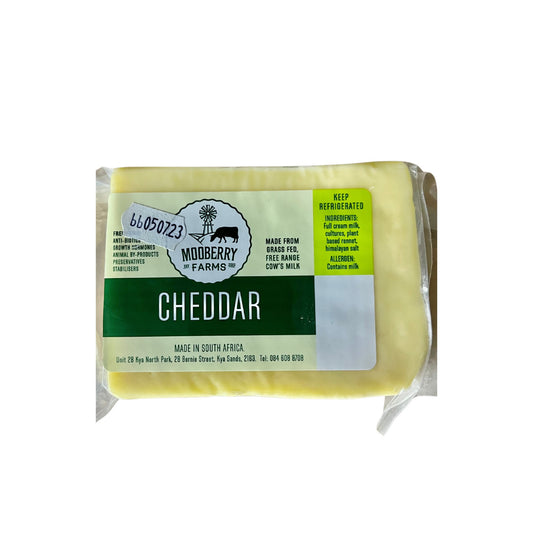Article Summary:
- Ripe tomatoes are safe for dogs and provide essential nutrients such as vitamins A, C, and K, as well as antioxidants like lycopene, which can promote heart health and aid in digestion.
- Dogs should avoid green tomatoes and any part of the tomato plant, including stems and leaves, due to the presence of solanine, which can be toxic and lead to gastrointestinal distress.
- While ripe tomatoes can be a healthy treat, they should only be given in moderation to prevent stomach upset and should not replace a balanced diet.
As pet owners, we often find ourselves questioning which human foods are safe for our furry companions, and organic tomatoes are no exception. While these vibrant fruits are a staple in many diets due to their rich flavor and nutritional benefits, it's important to understand how they affect dogs. The question of whether dogs can eat tomatoes is nuanced, as certain parts of the tomato plant can be harmful, while ripe tomatoes may offer some health benefits. In this article, we will explore the safety of tomatoes for dogs, the potential risks associated with their consumption, and how to introduce them into your dog's diet safely. By understanding the facts about tomatoes and their effects on canine health, you can make informed decisions about what to feed your beloved pet.
Understanding the nutritional value of tomatoes for dogs
Tomatoes are a nutrient-rich fruit that can offer several health benefits for dogs when fed in moderation. They are low in calories and high in water content, making them a hydrating snack. Nutritionally, tomatoes are a good source of vitamins A, C, and K, as well as folate and potassium. Vitamin A is essential for maintaining healthy vision and skin, while vitamin C acts as an antioxidant, helping to protect cells from damage caused by free radicals. Potassium is important for heart health and proper muscle function.

Shop our 1Kg Organic Carrots at Orchard Food
Additionally, tomatoes contain lycopene, a powerful antioxidant that has been linked to various health benefits in both humans and animals. Lycopene is known for its anti-inflammatory properties and may help reduce the risk of certain diseases. While these nutrients can be beneficial, it’s crucial to remember that moderation is key. Too many tomatoes can lead to gastrointestinal upset in dogs due to their acidity.
When considering tomatoes as part of your dog's diet, it's important to focus on ripe tomatoes, as they are safe for canine consumption. Unripe tomatoes and the green parts of the tomato plant contain solanine and tomatine, compounds that can be toxic to dogs if ingested in significant amounts. Therefore, ensuring that your dog only consumes ripe, red tomatoes is essential for their safety.
In summary, while tomatoes can provide valuable nutrients and health benefits for dogs when given appropriately, it’s vital to be cautious about the quantity and type of tomato offered. By understanding the nutritional value of tomatoes and their potential risks, you can make informed choices about incorporating this fruit into your dog's diet safely.
Are tomatoes safe for dogs?
When considering whether tomatoes are safe for dogs, it is essential to understand both the benefits and potential risks associated with this popular fruit. Ripe tomatoes are generally considered non-toxic to dogs and can be a healthy treat when offered in moderation. They provide valuable nutrients, including vitamins A, C, and K, as well as antioxidants like lycopene, which may contribute to overall health and well-being. However, caution is necessary, as certain parts of the tomato plant contain harmful compounds. The green parts of the tomato plant, including leaves, stems, and unripe green tomatoes, contain solanine and tomatine, which can be toxic to dogs if ingested in significant amounts. Symptoms of toxicity may include gastrointestinal distress, weakness, and lethargy.
To safely include tomatoes in your dog's diet, it is crucial to only offer ripe tomatoes and to remove any green parts before serving. Additionally, always introduce new foods gradually to monitor for any adverse reactions. While ripe tomatoes can be a nutritious addition to your dog's diet, they should not replace balanced meals or be given excessively. If you suspect your dog has consumed any toxic parts of the tomato plant or shows signs of illness after eating tomatoes, it is important to consult a veterinarian promptly. By understanding these guidelines, you can make informed decisions about sharing this flavorful fruit with your canine companion while keeping their health a top priority.
How to safely introduce tomatoes into your dog's diet
Introducing tomatoes into your dog's diet can be a rewarding experience, but it’s important to do so safely and gradually. Start by selecting ripe tomatoes, as these are safe for canine consumption. Avoid any green tomatoes or parts of the plant, such as leaves and stems, which contain toxic compounds. Once you have a ripe tomato, wash it thoroughly to remove any pesticides or contaminants.
Begin by offering a small piece of the tomato to your dog to gauge their reaction. This could be a slice or a few small chunks. Monitor your dog closely for any signs of digestive upset, such as vomiting or diarrhea, after the initial introduction. If your dog tolerates the tomato well, you can gradually increase the amount over time, but always keep portions moderate. A few small pieces as an occasional treat should suffice; tomatoes should not replace a balanced diet.
You can also incorporate tomatoes into homemade dog treats or mix them with other safe ingredients that your dog enjoys. For example, blending ripe tomatoes with some cooked chicken or mixing them into their regular food can enhance flavor while providing nutritional benefits. Always ensure that any added ingredients are safe for dogs.
If at any point your dog shows signs of an allergic reaction or discomfort after eating tomatoes, discontinue feeding them and consult your veterinarian for guidance. By taking these careful steps to introduce tomatoes into your dog's diet, you can enjoy sharing this nutritious fruit while ensuring your pet's health and safety remain a priority.
Signs of tomato toxicity in dogs
When it comes to the safety of tomatoes for dogs, it is crucial to be aware of the signs of tomato toxicity, particularly related to the parts of the plant that can be harmful. While ripe tomatoes are generally safe for canine consumption, the green parts of the tomato plant—including unripe tomatoes, leaves, and stems—contain toxic compounds known as solanine and tomatine. If a dog ingests these parts, they may exhibit a range of symptoms indicating toxicity. Common signs include gastrointestinal upset, which can manifest as vomiting and diarrhea. Additionally, dogs may experience other symptoms such as loss of appetite, weakness, lethargy, and confusion.
In more severe cases, ingestion of toxic plant parts can lead to neurological symptoms like tremors or seizures, loss of coordination, and dilated pupils. If you notice any of these symptoms after your dog has consumed tomatoes or any part of the tomato plant, it is essential to seek veterinary care immediately. The severity of symptoms often correlates with the amount ingested; smaller dogs or puppies may show signs of toxicity after consuming even small amounts due to their size. Prompt veterinary intervention can significantly improve the prognosis for recovery, as most cases of tomato poisoning are manageable with appropriate treatment. Being vigilant about what your dog consumes and recognizing these signs can help ensure their safety when it comes to enjoying tomatoes as an occasional treat.
Healthy veggies for your dog
Incorporating vegetables into your dog's diet can provide essential nutrients and health benefits, making them a great addition to their meals or as tasty treats. Many vegetables are safe and nutritious for dogs, offering vitamins, minerals, and fiber without the added calories of processed snacks. Carrots are a popular choice; they are low in calories and high in beta-carotene, which supports eye health. Raw or cooked carrots can be served as crunchy snacks or added to meals for extra flavor and nutrition.

Shop 250g Organic Strawberries at Orchard Food
Green beans are another excellent option, rich in vitamins A, C, and K, as well as fiber. They can be given raw, steamed, or lightly cooked without any seasoning. Dogs often enjoy their crunchy texture, making them a satisfying treat. Sweet potatoes are also highly nutritious; they are packed with vitamins and antioxidants. Cooked and mashed or cubed sweet potatoes can be mixed into your dog's food or served on their own.
Pumpkin is another vegetable that many dogs love. It is an excellent source of fiber and can aid in digestion. Plain canned pumpkin (not the spiced pie filling) can be added to meals or given as a treat. Spinach is a leafy green that provides iron, vitamins, and antioxidants but should be fed in moderation due to its oxalic acid content, which can interfere with calcium absorption.
Zucchini is another safe vegetable that is low in calories and high in water content, making it a hydrating snack for dogs. It can be served raw or cooked, cut into small pieces for easy chewing. Always remember to introduce new vegetables gradually to monitor for any adverse reactions, and avoid adding any seasonings or sauces that could be harmful to your dog. By incorporating these healthy veggies into your dog's diet, you can enhance their nutrition while providing variety and enjoyment at mealtime.


